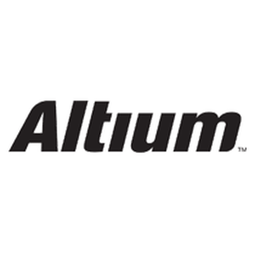Overview
 |
Revolutionizing Patient Rehabilitation with Harmonic Bionics' Harmony SHRAltium |
Platform as a Service (PaaS) - Device Management Platforms Wearables - Exoskeletons | |
Electronics Healthcare & Hospitals | |
Product Research & Development | |
Autonomous Robots Time Sensitive Networking | |
System Integration | |
Operational Impact
The use of Altium Designer has significantly improved the efficiency of Harmonic Bionics' operations. The tool has made it easier to design printed circuit boards, even in tight mechanical requirements. It has also simplified the review process, with an easy-to-use viewer that shows the entire schematic in 3D. Furthermore, Altium Designer has made it easier to change the board shape and tie components to their footprints, simplifying BOM creation. The tool also takes care of generating the folder structure, making the entire process more straightforward and efficient. As a result, Harmonic Bionics' designs and BOMs are solid, and the company is ready to introduce their flagship robot to rehabilitation hospitals and centers far beyond the confines of UT Austin’s ReNeu Robotics Lab. | |
Quantitative Benefit
The average robot incorporates 24 unique boards, with custom-designed motors that drive each unit’s intricate gear system. With Altium Designer, Duncan can design as many as 4 boards per day. | |
On average, the development process is at least 30% more efficient since Duncan began using Altium Designer. | |
The design process per board used to take about five to six hours on average with other ECAD software; now it can be done almost immediately. | |


